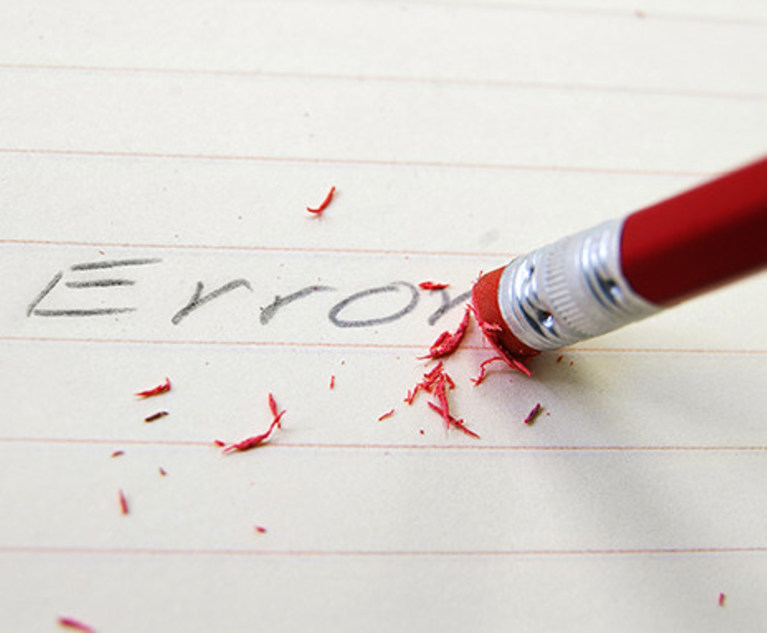The transition from academic writing to legal writing is one of the most difficult transitions faced by young attorneys. While law school attempts to teach legal writing, many students may leave the classroom feeling unprepared to implement their new skills – but this struggle is not unique and even experienced attorneys spend years honing their skills.
Part of the challenge is that writing is deeply subjective. Of course, there are countless books and articles (such as the one you are reading) which attempt to provide clarity. Because I wanted guidance from practicing attorneys, I surveyed a few attorney colleagues for their opinions on what makes good (and bad) legal writing. Below are 10 takeaways from their responses.
- Know your audience.


 Photo: ©zimmytws – stock.adobe.com
Photo: ©zimmytws – stock.adobe.com




